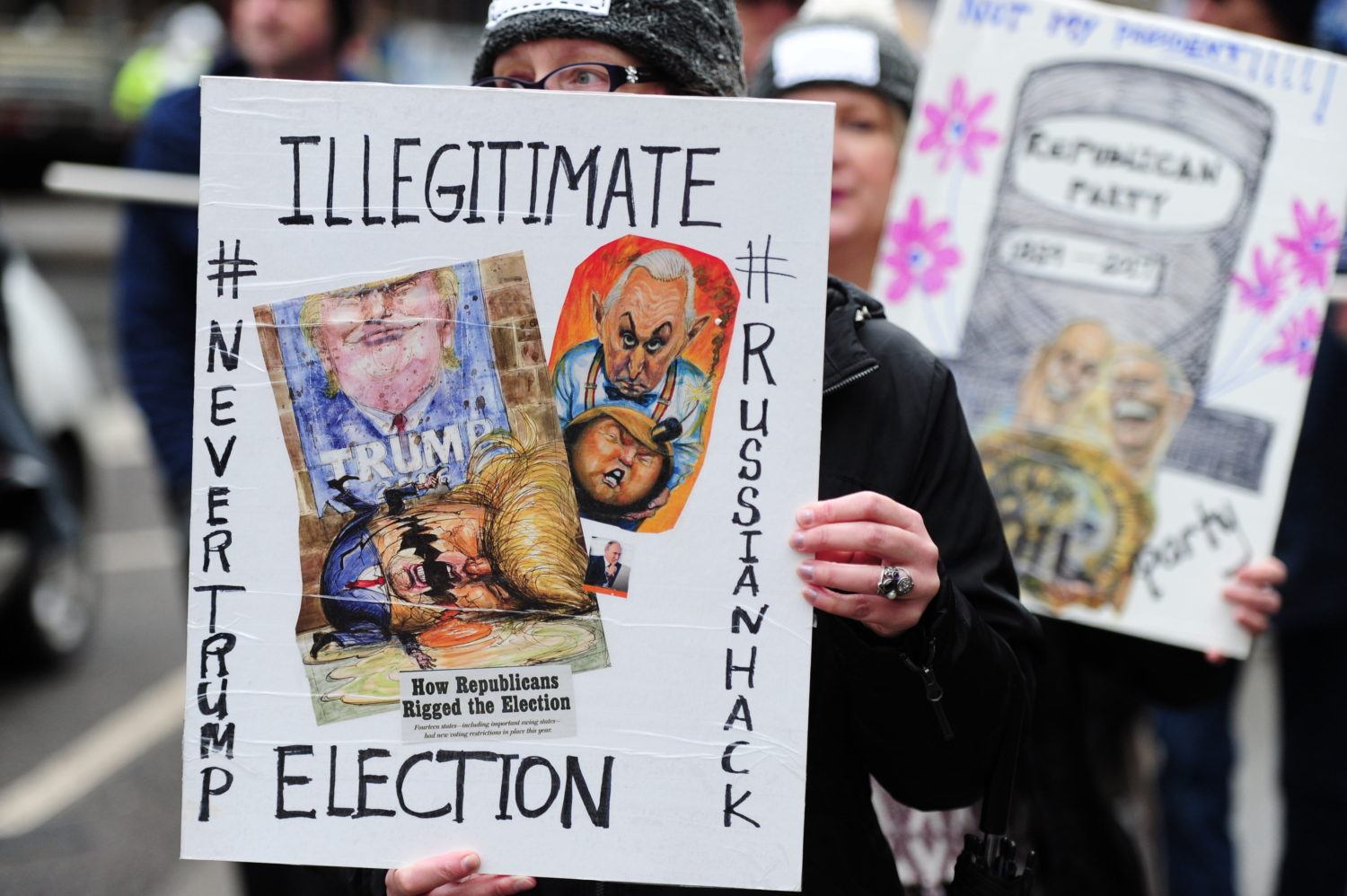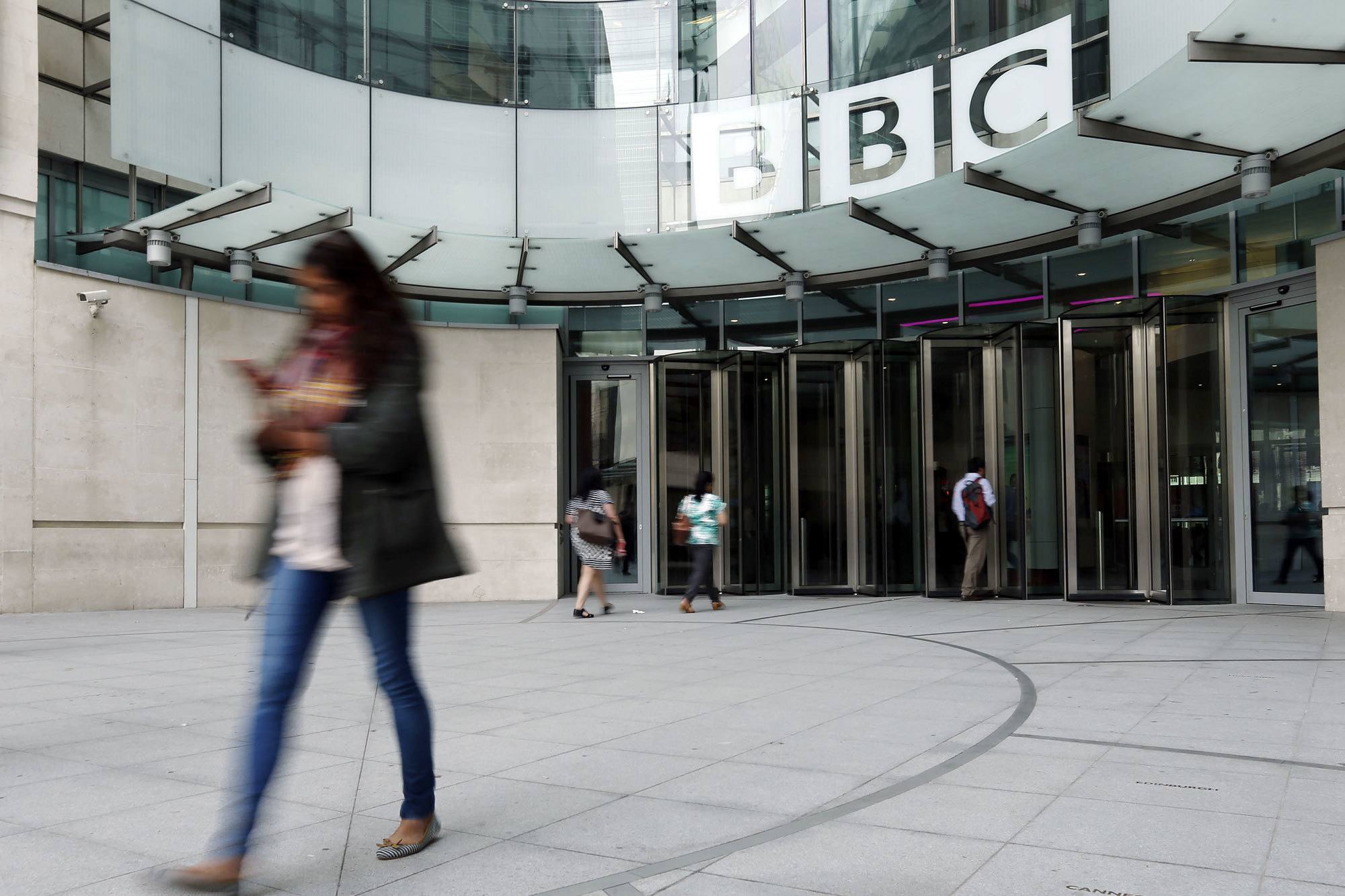

The conviction in 1727 of Edmund Curll for the publication of Venus in the Cloister or The Nun in her Smock under the common law offence of disturbing the King's peace was the first conviction for obscenity in Great Britain, and set a legal precedent for other convictions. Obscenity law in England and Wales is currently governed by the various Obscene Publications Acts, and Section 63 of the Criminal Justice and Immigration Act 2008 but obscenity laws go back much further into the English common law. The Ministry was disbanded following the end of the Second World War.

Following this it solely created documentaries, although it also laid down propaganda guidelines for commercial films. It also created a feature-length fictional film 49th Parallel (1941). It produced documentaries such as Target for Tonight (1941), Western Approaches (1944) and London Can Take It! (1940). The Ministry took over the General Post Office Film Unit, renaming it the Crown Film Unit.


It also censored many press reports that were not deemed to be sufficiently patriotic, or that listed military operations to a level of detail that could be used by the enemy. The Ministry was responsible for keeping much information out of the public domain during the war years, as it was thought that this would have been harmful to the national sentiment. During the Second World War it was infamous for having a staff of 999. In the Second World War it was located at the Senate House of the University of London. The Ministry of Information was created during the First World War and then reformed for the Second World War for propaganda purposes. However, there is a broad sweep of exceptions including threatening or abusive words or behaviour intending or likely to cause harassment, alarm or distress or cause a breach of the peace (which has been used to prohibit racist speech targeted at individuals), sending another any article which is indecent or grossly offensive with an intent to cause distress or anxiety (which has been used to prohibit speech of a racist or anti-religious nature), incitement, incitement to racial hatred, incitement to religious hatred, incitement to terrorism including encouragement of terrorism and dissemination of terrorist publications, glorifying terrorism, collection or possession of a document or record containing information likely to be of use to a terrorist, treason, sedition, obscenity, indecency including corruption of public morals and outraging public decency, defamation, prior restraint, restrictions on court reporting including names of victims and evidence and prejudicing or interfering with court proceedings, prohibition of post-trial interviews with jurors, time, manner, and place restrictions, harassment, privileged communications, trade secrets, classified material, copyright, patents, military conduct, and limitations on commercial speech such as advertising. In 1998, the United Kingdom incorporated the European Convention into its domestic law under the Human Rights Act. Censorship in the United Kingdom has a history with various stringent and lax laws in place at different times.īritish citizens have a negative right to freedom of expression under the common law.


 0 kommentar(er)
0 kommentar(er)
